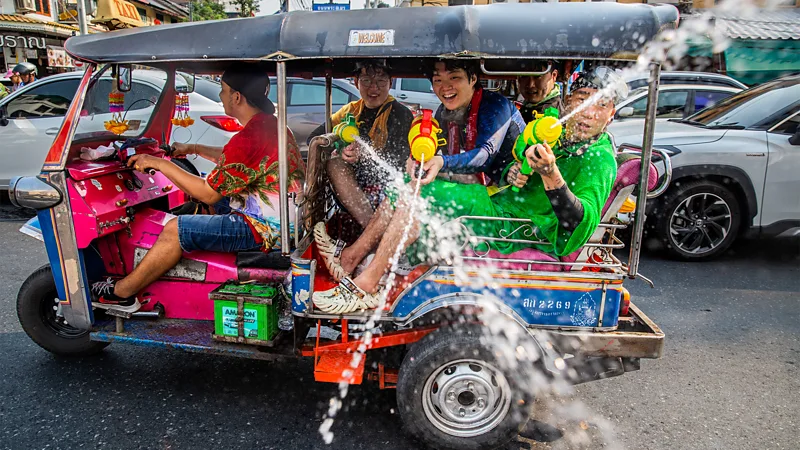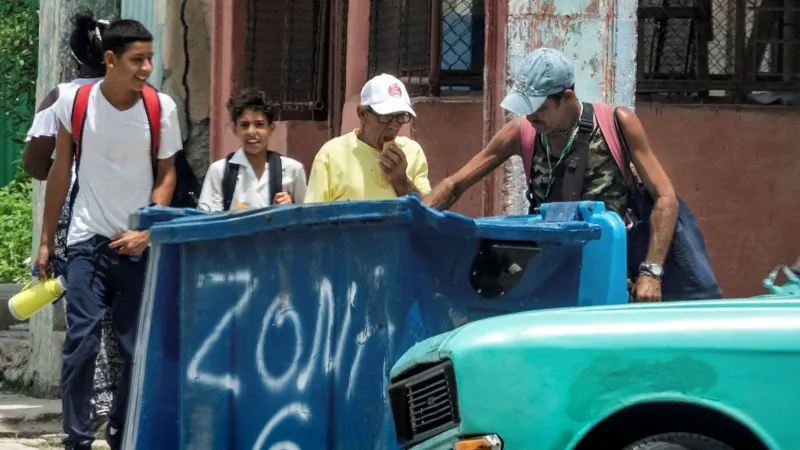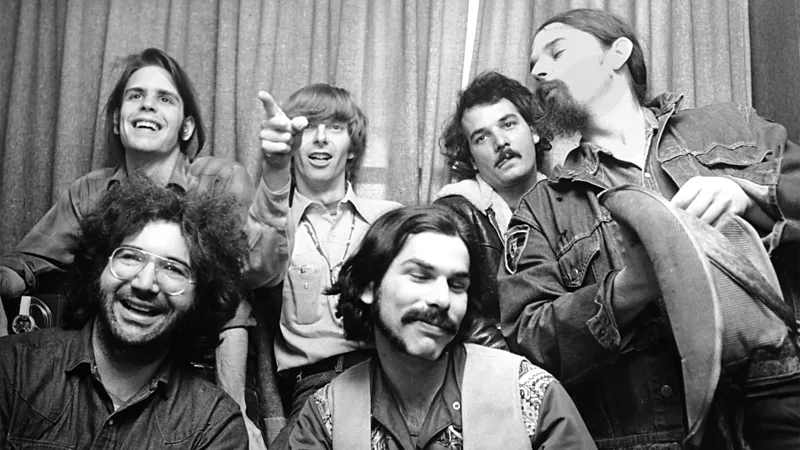Songkran: The world's biggest water fight
For three days every year, Thailand transforms into a wet and wild party. But this ancient festival is far more than just a raucous good time.

Every year from 13-15 April, Thais across the country cool off and celebrate new beginnings with what is arguably the nation's largest and most important festival: Songkran. Tied to the Thai New Year and the close of the annual rice harvest season, this annual celebration is all about purification, honouring elders and fostering a sense of renewal. However, it's most well-known among travellers as a raucous country-wide splash fest.
"The most famous part of the festival is the massive water fights," explained Worapa Angkhasirisap,director of the Tourism Authority of Thailand. "People of all ages take to the streets armed with water guns and buckets."
Viewers of the latest season of The White Lotus recently got a glimpse of this when three unaware travellers were dropped in the middle of a town-wide Songkran celebration. "Why is everyone carrying those guns?" one of the women asked. Within moments, the trio were being chased through the streets by water gun-wielding children and smiling revellers before seeking refuge in a convenience store, bewildered and soaked to the gills.
Despite its White Lotus portrayal, these water fights are generally a friendly and joyous part of the festivities that visitors are welcome to take part in. In fact, hordes of travellers now descend on Thailand each year to take part in what is commonly called "the world's biggest water fight". Yet, the festival's modern popularity among international travellers belies Songkran's deep roots.
Meaning "to enter" or "move forward" in Sanskrit, Songkran occurs when the Sun moves to the Aries constellation – the first sign of the Zodiac. Some scholars believe the Unesco-inscribed festival harks back to an ancient Hindu festival called Makar Sankranti and was adopted by the Khmer Empire that ruled Thailand in the 11th Century. Today, Songkran is all about making a fresh start, with water symbolising the washing away of the previous year and purification.
During the three-day festival, scented water is often poured atop images of the Buddha to represent renewal. It is also common for Thais to wash the hands of their elders and ask for their blessings, splash water on family and friends and give offerings to temples. "Since most Thai people practice Buddhism, Songkran is also a spiritual time," explained Kharitthakorn Sakulsupapong, sales and marketing managerof the Thailand-based Tropical Vacation travel agency.
Despite being a three-day national holiday, some Thai communities – such as the popular beach resort town of Pattaya – extend the party for as many as 10 days.
Because April is often Thailand's hottest month, cooling foods are typically on the menu during Songkran. "Since April is the peak of mango season, you'll find plenty of mango sticky rice, one of Thailand's most beloved desserts," Angkhasirisap told the BBC. "Another seasonal favourite is khao chae, a refreshing dish of rice soaked in jasmine-scented iced water, served with savoury side dishes – perfect for cooling down in the summer heat."
Visitors who find themselves in the country during Songkran are more than welcome to join in on the festivities. "Thai people are always very happy to teach tourists about their cultural traditions and will be delighted to answer any questions visitors may have [about the festival]," said Jurairat Mongkolwongsiri, vice president of sales at Centara Hotels & Resorts in Bangkok. As with any religious festival, Mongkolwongsiri noted that it's also important to be respectful.
"Songkran is very inclusive – the water splashing is open to everyone, although it's always important to understand and respect the cultural boundaries," Mongkolwongsiri cautioned. "For example, visitors must avoid throwing water on monks or elders and try not to spray water directly in anyone’s face."
While Thailand's cities attract the biggest Songkran crowds, Angkhasirisap says travellers venturing away from the nation's main tourist hotspots are also likely to encounter the festival.
"Bangkok and Chiang Mai are well-known hotspots, attracting huge crowds and hosting grand celebrations," she explained. "[However], in recent years, Thailand has made an effort to promote celebrations in all regions, [including] lesser-known provinces."
According to Angkhasirisap, smaller destinations have their own special twist to the holiday, with beach destinations like Songkhla and Surat Thani, being much more laidback than the party vibes found in larger cities, while provinces like Phrae, Lamphun, and Ubon Ratchathani incorporate cultural parades into the traditional festivities.
"Wherever you go, you’ll find a warm and welcoming atmosphere," said Angkhasirisap. "It's a truly unforgettable festival!"
-BBC







